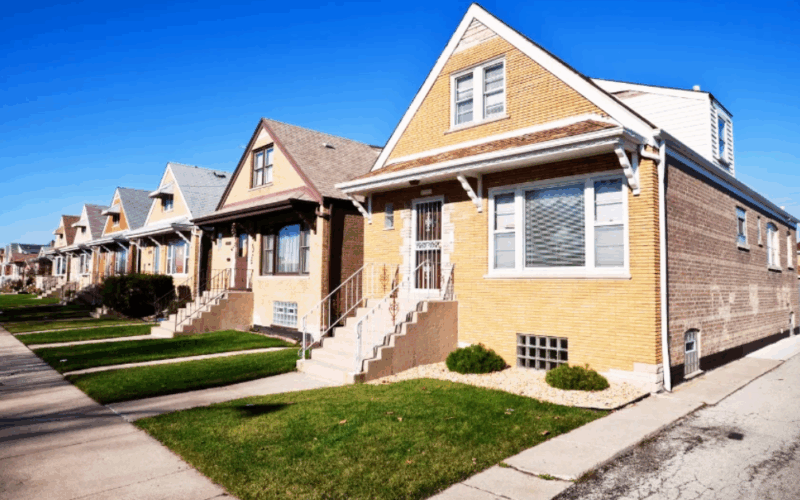Renting a home in Illinois comes with its own set of rules and regulations, especially when it comes to rent increases. As we move into 2025, tenants should be aware of the latest laws that protect their rights and provide clarity on how landlords can adjust rent prices. Understanding these laws can help tenants avoid surprises and ensure fair treatment in their rental agreements.
This article breaks down the key points of Illinois rent increase laws for 2025 in an easy-to-understand way. Whether you’re renting in Chicago or smaller towns across the state, it’s crucial to know your rights under the new regulations. We’ll also include reliable sources so you can get more detailed information if needed.
What Are Illinois Rent Increase Laws?
In Illinois, rent increase laws regulate how much and how often landlords can raise the rent. Unlike some states with strict rent control, Illinois generally allows landlords to increase rent, but they must follow certain rules. These rules are designed to protect tenants from sudden and unreasonable rent hikes.
One important aspect is that landlords must give tenants proper notice before increasing rent. According to the Illinois Attorney General’s Office, landlords must provide at least 30 days’ written notice for month-to-month leases, and longer notices may apply for yearly leases (Illinois Attorney General).
How Much Can Rent Increase in 2025?
Currently, Illinois does not have statewide rent control, which means landlords can legally increase rent by any amount after the lease term ends. However, some cities like Chicago have local regulations that impact rent increases. In Chicago, for example, landlords must follow the Residential Landlord and Tenant Ordinance (RLTO), which requires a minimum of 30 days’ written notice for rent increases and prohibits increases during the lease term unless specified in the contract (City of Chicago Official Site).
As of 2025, no new statewide rent control laws have been passed, but tenants should watch for changes proposed every year. It’s also wise to check if your city has specific tenant protection laws, as these can vary widely.
Notice Periods and Lease Terms
Illinois law requires landlords to provide written notice before any rent increase. The notice period depends on the lease type:
- For month-to-month leases, a minimum of 30 days’ notice is mandatory.
- For leases longer than one month, the landlord usually cannot increase rent during the lease term unless it is included in the rental agreement.
This means tenants should carefully review their rental contracts for any clauses about rent changes. If you receive a rent increase notice, make sure it meets the legal notice period. If it doesn’t, the increase may not be valid.
What Can Tenants Do If Rent Is Increased Unfairly?
If tenants feel the rent increase is unreasonable or illegal, they have several options. First, it’s best to communicate with the landlord and try to negotiate. Keeping all communication in writing can be helpful if disputes arise.
If negotiations fail, tenants can seek help from tenant rights organizations or legal aid groups. The Illinois Tenant Union provides resources and support for renters facing unfair treatment. Additionally, tenants can file complaints with local housing departments or consider legal action in some cases.
How to Prepare for Rent Increases in 2025
Planning ahead is key for anyone renting in Illinois. Tenants should keep track of when their lease ends and watch for any rent increase notices. Budgeting for possible rent hikes can reduce financial stress, especially in areas where rental prices are rising quickly.
It’s also wise to stay informed about local housing laws by checking official government websites regularly. Being proactive helps tenants protect themselves and avoid last-minute problems.
Summary
In 2025, Illinois tenants should understand that while there is no statewide rent control limiting increases, landlords must provide proper written notice before raising rent. Tenants must know their lease terms and local laws, especially if they live in cities like Chicago. If rent increases seem unfair, tenants have resources to seek help. Staying informed and prepared can help renters navigate these changes confidently.
For more detailed and updated information, visiting the Illinois Attorney General’s website and local government pages is always recommended.




